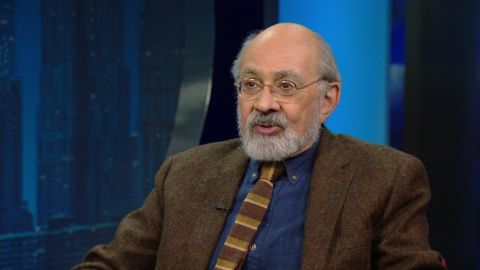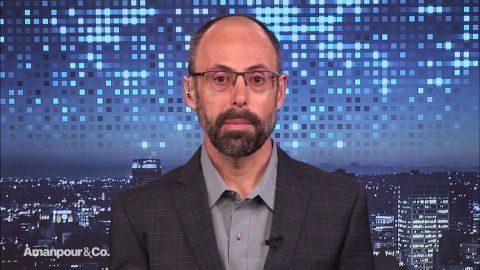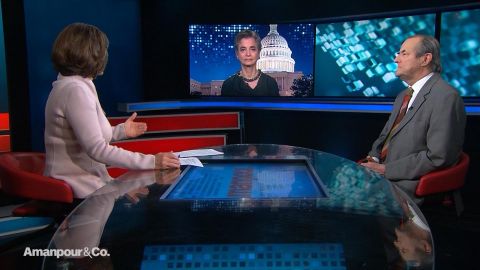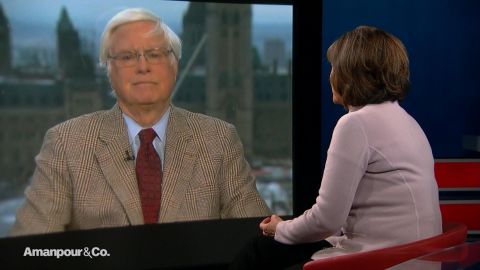Read Transcript EXPAND
CHRISTIANE AMANPOUR: …What impact does the death, the targeted killing of one man, as powerful as he was, Qasem Soleimani, what impact do you think that will have on Iran’s behavior and its thought process going forward?
RICHARD DALTON, FORMER BRITISH AMBASSADOR TO IRAN: It won’t have much impact on their policies towards the region, which they consider derived from their fundamental national interest in security and in removing, as they see it, the threat that the United States presents to them. Nor will it change their interest, which of course lies alongside the interest of Saudi Arabia, Turkey, the United States, Israel, in intervening in the struggles taking place in countries that are vital for that security and national sovereignty that Iran prides. And they have a deep bench.
So, yes, Soleimani was uniquely charismatic. He stayed above the political fray in Iran. He was seen as a defender, as a soldier, as somebody who appeal just to the nationalism of the country and not just to the ruling system.
AMANPOUR: Do you agree, Barbara, that the killing of Soleimani will not affect Iran’s strategic aims and goals?
BARBARA SLAVIN, DIRECTOR, ATLANTIC COUNCIL’S FUTURE OF IRAN INITIATIVE: You now, I think it’s actually going to advance Iran’s strategic goals because we’ve seen that the Iraqi parliament, of course, they voted after the U.S. strikes that killed 25 members of an Iraqi militia, they voted that the U.S. should remove its troops.
But after this very embarrassing assassination on Iraqi soil of someone who was clearly there at the invitation of the Iraqi government, it’s going to be very difficult for the United States to keep 5,000 troops in Iraq and several hundred troops in Syria.
So, if Iran’s goal is to eject the United States, particularly the U.S. military, from the region, I think it will advance that strategy.
AMANPOUR: This is a really major issue, actually, because I asked the defense secretary, Mark Esper. He said there’s no way we’re leaving. We’re staying there. Not just to fight ISIS but to guarantee our allies and our security and our vital interests there. I guess I just want to ask you, is President Trump advertising that he actually wants to be less involved in that region? And if so, what does that look like?
DALTON: He wants to see the United States’ interests protected, at the least, material and human cost and with the maximum political benefit, particularly in appealing to his base back home. So, it didn’t surprise me at all that he felt that he had to take the action he took in killing Soleimani. Although, I do regret it didn’t take place in the context of any strategy to enhance United States interests in the region.
About This Episode EXPAND
Former Canadian Ambassador Michael Kergin discusses the human cost of this week’s diplomatic drama. Then, experts Richard Dalton and Barbara Slavin explain the current state of affairs between the U.S. and Iran and Ervand Abrahamian tells Walter Isaacson about the long and complicated history behind the two countries’ relationship. Plus, anthropologist Daniel Fessler makes the case for kindness.
LEARN MORE



